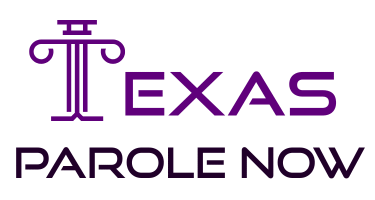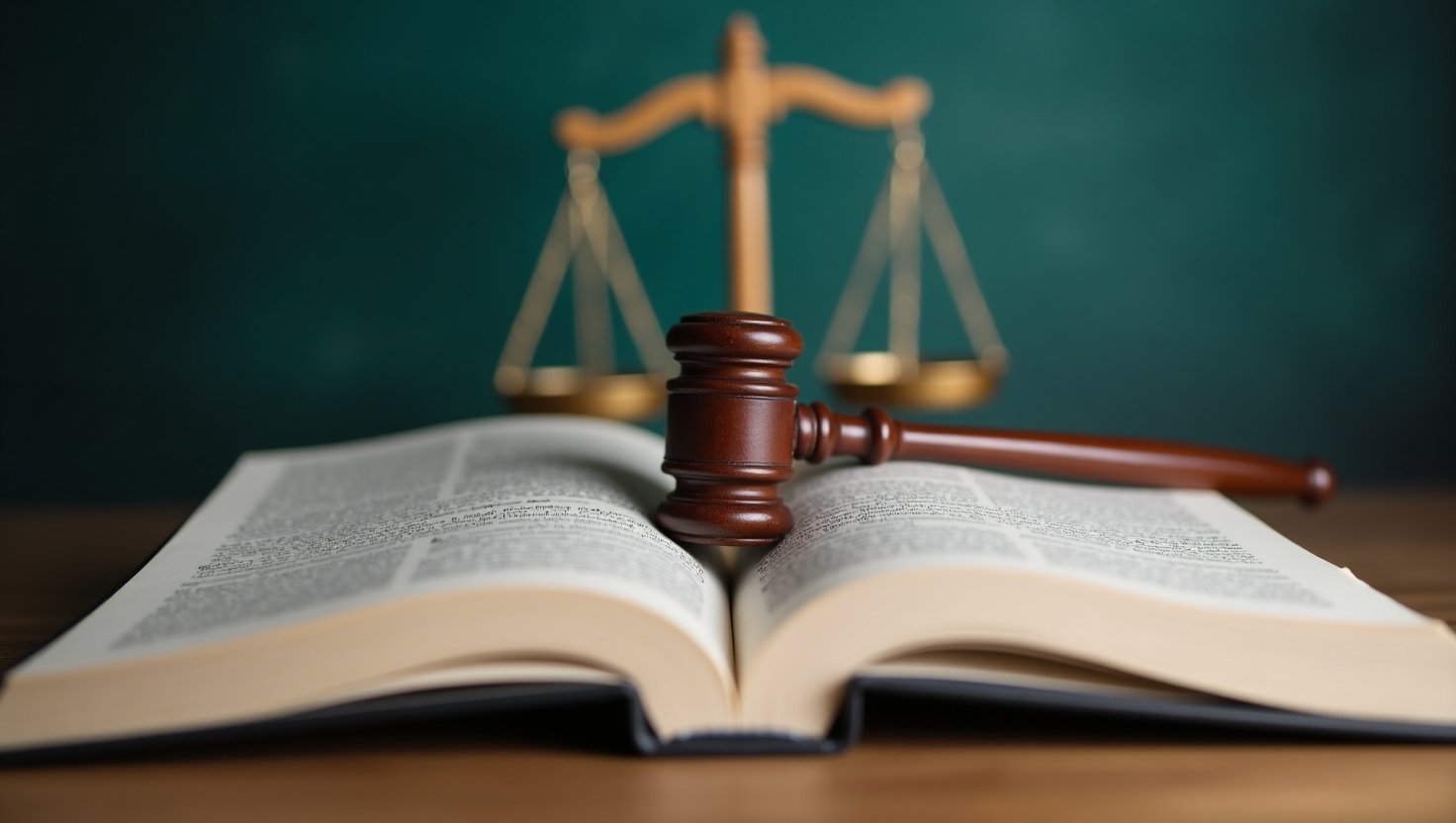If you’ve researched the University of Metaphysical Sciences (UMS), you’ve probably seen bold headlines, mixed claims, and confusing timelines. What really happened? This guide separates facts from rumor, explains the dispute in plain English, and clarifies what the outcome means for prospective students, current learners, and alumni. Our focus is the University of Metaphysical Sciences lawsuit—its scope, status, and implications—so you can make informed decisions about metaphysical degrees and online spiritual education without the noise.
Snapshot: What the Dispute Was—and Wasn’t
At its core, the case focused on a narrow advertising allegation. A competitor asserted that paid search ads used its name and directed traffic to UMS’s site; UMS maintained its advertising records showed otherwise. The court matter concluded with a dismissal on May 12, 2025, ending the dispute. For readers evaluating credibility, that dismissal is the key procedural milestone.
Equally important is what the lawsuit did not cover:
- It wasn’t about UMS accreditation or whether UMS can award religious degrees.
- It didn’t involve students, faculty, tuition disputes, or curriculum complaints.
- It wasn’t a government enforcement action.
- It wasn’t a class action or a series of separate lawsuits.
These points help correct common misconceptions that circulate in search results.
Case Identification, Parties, and Outcome
- Case Name: International Metaphysical Ministry, Inc. v. Wisdom of the Heart Church
- Case No.: 4:21-cv-08066-KAW
- Outcome: Dismissed on May 12, 2025 (the posting explains the dismissal as “with prejudice”—a final disposition for those claims).
For anyone scanning the web, these three data points—caption, number, and date—are the fastest way to orient yourself and spot outdated or inaccurate posts.
Why the Dismissal Matters for Students and Alumni
A dismissal resolves the specific claims in dispute. Practically, that means:
- No court finding against UMS on the ad allegations.
- No ruling on program quality, degree validity, or metaphysical studies offerings.
- No disruption to coursework or degree issuance based on this case.
If your goal is to pursue online spiritual education, the case outcome removes a cloud of uncertainty that rumor cycles can create. It refocuses attention where it belongs: program fit, educational goals, and the unique dynamics of religious degrees within the spiritual education space.
Untangling Rumors: Slander, Spam, and Search Noise
Why do so many posts suggest an ongoing or broader controversy? According to the public summary detailing the dispute, UMS reports a large-scale online slander campaign, including hundreds of posts and thousands of seeded search phrases designed to confuse readers and shape narratives. Some search terms even imply a location the school says is inaccurate (Sedona, Arizona), while UMS identifies itself as based in California. The net effect is a crowded search environment where outdated or misleading headlines can outrank case outcomes.
Key Definitions
- Dismissed with prejudice: The claims are concluded and can’t be refiled.
- Religious degrees: Degrees awarded by institutions operating under religious-exempt frameworks; they follow different rules than secular, state-regulated accreditation models.
- Predatory litigation: Suits perceived as anticompetitive or aimed at exhausting resources rather than addressing genuine harm.
- Online slander/defamation: False statements published to harm reputation, often amplified by coordinated content or keyword seeding.
These definitions help decode legal language and internet dynamics you’ll encounter while researching the University of Metaphysical Sciences lawsuit.
What This Means for Prospective Students
Thinking about enrolling? Use these practical steps to focus on what matters:
- Verify the basic facts. Keep the case name, number, and dismissal date handy to quickly assess whether a post is current. If an article calls the case “ongoing,” compare it to the dismissal date.
- Separate scope from speculation. The allegation at issue concerned paid search ads—not curriculum, tuition, or UMS accreditation.
- Evaluate program fit. Decide whether a metaphysical degrees path aligns with your goals—ministerial work, counseling in spiritual contexts, or personal growth.
- Understand degree frameworks. Religious degrees may serve specific callings (ministry, spiritual teaching). If you need licensure in a regulated field, research the requirements for that field separately.
- Watch for recycled headlines. High-volume rumor content can linger for years; always check dates and outcomes.
What This Means for Current Students and Alumni
If you’re already enrolled or graduated, the resolution offers stability:
- Reputation clarity: A closed case with no finding on program quality or student treatment removes uncertainties that may worry employers or clients.
- Focus on outcomes: Showcase capstone projects, research, and practical experience from your coursework. Demonstrated competence matters more than rumor cycles.
- Community engagement: Alumni networks, mentorship, and ongoing education can reinforce trust and visibility in the spiritual market.
Understanding Accreditation vs. Legality (and Why It Wasn’t at Issue)
Discussions about UMS accreditation often conflate two different concepts:
- Accreditation is a voluntary review by recognized bodies.
- Legality refers to whether an institution can operate and confer degrees under the applicable framework (for example, religious exemption).
The dispute at hand didn’t litigate either concept. That distinction matters: when you see sweeping claims linking the University of Metaphysical Sciences lawsuit to accreditation status or degree validity, you’re likely reading commentary that misstates the scope of the case.
Step-by-Step: How to Vet Controversy Claims
Use this legal-research checklist to assess any new claim you see:
- Identify the caption and case number. Without these, a post is difficult to verify.
- Confirm the procedural posture. Is the matter pending, or has it been resolved? Here, note the dismissal date (May 12, 2025).
- Define the claim type. Advertising dispute? Contract? Accreditation? If a post claims the case is “about accreditation” or “student harm,” compare against the documented scope.
- Check for coordinated posting patterns. Near-identical headlines, long lists of keyword variations, and repetitive phrasing can signal search manipulation.
- Archive the source. For your records, keep screenshots or references to original statements and dates.
- Ask, “So what?” If the case doesn’t touch curriculum, faculty, tuition, or degree authority, its impact on your educational experience may be limited.
Balancing Perspectives: Why One Page Can’t Be the Whole Story
Any public statement reflects the speaker’s vantage point. That said, concrete markers—case caption, number, and a dated outcome—are neutral facts you can verify. Combine them with your own due diligence on faculty bios, course materials, graduate outcomes, and the day-to-day student experience. Objective evaluation beats rumor, especially in niche fields like online metaphysical education.
Common Misconceptions (and Straightforward Corrections)
- “This proves degrees are invalid.” The case didn’t address degree validity or UMS accreditation.
- “It was about students or faculty issues.” No student, faculty, or agency claims were part of the dispute.
- “There were many lawsuits.” The public summary identifies a single competitor as plaintiff, not a series of separate cases.
- “The school is in Sedona.” The school identifies California as its base; Sedona phrasing appears in search terms cited as misleading.
For Those Concerned About Predatory Litigation or Online Slander
If your interest is the mechanics of predatory litigation or online slander, this situation illustrates common dynamics:
- Narrow claim, broad rumor. A discrete advertising dispute can be spun online into sweeping allegations about legitimacy.
- Keyword seeding. Lists of search terms—some pairing the school with sensational words like “settlement” or “class action”—can crowd out factual updates.
- Reputation lag. Search results don’t always update quickly; misleading narratives can persist beyond a case’s end.
- User responsibility. Readers and prospective students play a role by cross-checking dates and outcomes rather than sharing unverified claims.
Practical Takeaways for Decision-Makers
- Anchor to the procedural facts. Caption, number, and dismissal date cut through noise.
- Match claims to the record. If a post mentions accreditation or student harm, ask where that appears in the dispute’s scope.
- Focus on fit. Choose programs that serve your goals in ministry, counseling within spiritual contexts, or personal development.
- Document your due diligence. Keep notes on courses, faculty, practicum opportunities, and outcomes you can show to employers or clients.
FAQs
1) What was the University of Metaphysical Sciences lawsuit actually about?
A competitor alleged that paid search ads used its name and redirected to UMS’s site; UMS points to advertising records indicating it didn’t run those ads.
2) Did the case involve accreditation or degree validity?
No. Accreditation and the legality of religious degrees weren’t claims in the dispute.
3) What’s the final status—did UMS win or lose?
The matter was dismissed on May 12, 2025; the public summary characterizes the dismissal as “with prejudice,” meaning those claims can’t be refiled.
4) Were students, faculty, or government agencies parties to the suit?
No; the dispute did not involve students, faculty, or government agencies, and it wasn’t a class action.
5) Why do search results show so many alarming posts?
The school reports a high-volume online slander effort with hundreds of posts and seeded phrases that make the dispute look broader or ongoing. Check dates and case details to avoid confusion.
6) Is the University of Metaphysical Sciences legitimate?
Legitimacy depends on your goals and the framework you expect. The dispute didn’t challenge the ability to confer religious degrees or the curriculum. Evaluate the program on its merits and fit for your path in the spiritual market.
7) Where is UMS based?
The school identifies California as its base and notes that “Sedona, Arizona” terms appearing online are part of misleading search patterns.
8) How should I assess new claims I see online?
Look for the case name, number, and outcome first; compare any new claim to those anchors. When in doubt, favor verifiable facts over recycled headlines.
Conclusion
The University of Metaphysical Sciences lawsuit was a limited advertising dispute that ended in a dismissal on May 12, 2025. It didn’t address accreditation, student complaints, tuition, or curriculum quality. For potential students, current learners, and alumni, the practical takeaway is simple: use the procedural facts as your guideposts, evaluate programs on fit and goals, and don’t let rumor cycles define your view of metaphysical studies or online spiritual education.
Note: This article provides general information for educational purposes and isn’t legal advice.
You May Also Like: Texas Attorney General Greg Abbott Attempts to Limit Review of Bad Evidence in Criminal Trials

